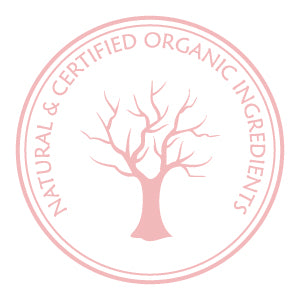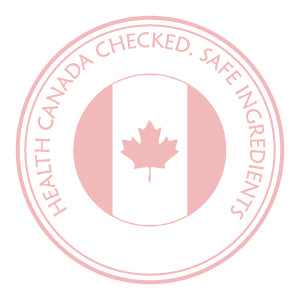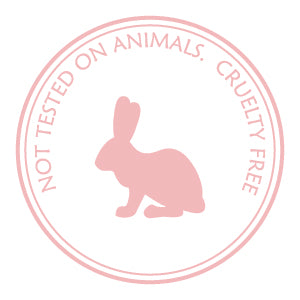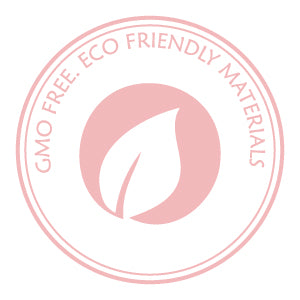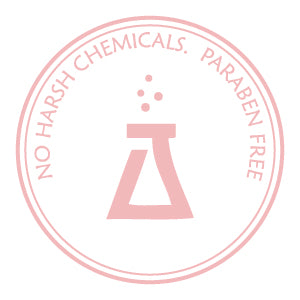Article: How Natural Is Your Natural Skin Care?
How Natural Is Your Natural Skin Care?
HIDDEN SYNTHETICS IN FACIAL AND BODY CARE PRODUCTS
With the growing recognition of the benefits of organic and all-natural skin care, an ever-increasing number of products appear on the market. All-natural skin care, which by definition is a cosmetic product formulated without any toxic ingredients, is becoming more and more popular.
The customer expects their body moisturizer, face cream or any other facial or body care product to be a healthy alternative to the conventional non-natural, although attractive, personal care products that have dominated the cosmetics market for many decades.
Since cosmetic companies are required by law to provide a full list of ingredients on the label, it is wise to check the cosmetic packaging before purchasing a natural skin care product. If you are not familiar with the cosmetic terminology, a credible, objective source such as https://www.cosmeticsinfo.org would be a good starting point.
Facial and body care products from brands which claim to be all-natural but list only the key ingredients should be avoided if you are concerned about the content of your product. The reason for their incomplete disclosure on the label may be that the product contains synthetic or otherwise undesirable elements.
Once you have learned about the ingredients on the label, you can see whether the product you are about to purchase meets your criteria.
As you will find, the vast majority of so-called natural facial and body care products today contain some natural ingredients in combination with synthetic preservatives and other synthetic ingredients.
Cosmetic companies have always been known for making unverified claims to some extent, but some have openly armed themselves with an agenda of promoting their products by misleading the customers in order to fit in with the popular natural skin care trend.
Often, seemingly beneficial cosmetic ingredients are added to face creams and lotions to make it more appealing to the customer. In some cases, even if that face care product appears to be natural and safe, the formula may still contain synthetic ingredients.
A number of individually listed personal care ingredients are in fact combinations of two or more components, which can legally be listed as one. A few of these ingredients are briefly discussed below. Among the most commonly mislabeled ingredients in lotions, moisturizers, hand and creams are plant and fruit juices, extracts, distillates, and emulsifying waxes.
If there are no synthetic ingredients listed but the formula contains one or more of the following ingredients, you may want to analyze the product further.
PLANT & FRUIT JUICES
Natural juices have a shelf-life of several hours if left at room temperature. So why would anyone expect an all-natural face care product containing juices to last longer? For that very reason, juices provided by skin care raw material suppliers often contain cosmetic preservatives such as sodium benzoate and potassium sorbate, which don’t have to be disclosed on the face care label.
If pure juices are used, large amounts of preservatives must be added to the final formulation to extend the shelf-life of the face care product.
PLANT & FRUIT EXTRACTS
Extracts are prepared by adding solvents to plants or fruit. These solvents may be natural such alcohol or synthetic such as propylene glycol and often contain synthetic preservatives to extend their shelf-life. Although pure extracts are beneficial when added to natural skin care, commercially available extracts are indeed blends of several components some of which don’t have skin benefiting properties at all.
DISTILLATES, HYDROSOLS, & FLORAL WATERS
Distillate is a by-product that is left after the essential oil has been extracted from a plant by means of steam. Additional synthetic ingredients are frequently added to this residual water in order to prolong its shelf-life. In the example below you can see the supplementary components added by a major skin care raw material supplier to a seemingly natural product and yet, on the skin care product label, it would simply appear as Neroli distillate.
• Neroli distillate
• Vegetable glycerine
• PEG-40 Hydrogenated Castor Oil
• Potassium Sorbate
• Citric acid
• Dimethicone Defoamer
EMULSIFYING WAXES
Emulsifier is an ingredient which enables water and oil in creams and lotions to mix. Combinations of different emulsifiers, or emulsifying waxes, are often necessary to make the skin care emulsion stable. Emulsifying waxes can be of natural or synthetic origin.
One of the most frequently used emulsifiers in so-called natural skin care is labelled as Emulsifying Wax NF, a combination of natural fatty alcohols (Cetearyl Alcohol) and synthetically derived emulsifiers (Polysorbate 60, PEG-150 Stearate & Steareth-20).
At Eaune skin care, not only do we disclose every ingredient that goes into our face care line but we also reveal the processes used in their manufacturing and any additional elements that they may contain.
We ensure our customers, that they can trust our ethical and professional standards and be confident that the claims that we make about our natural face care products are in accordance with the highest standards in natural cosmetics industry.

